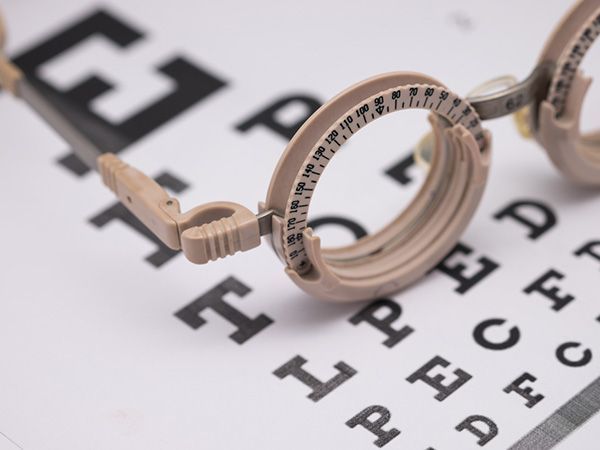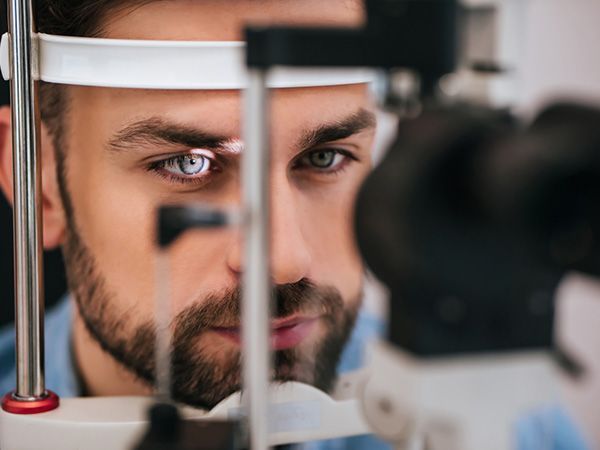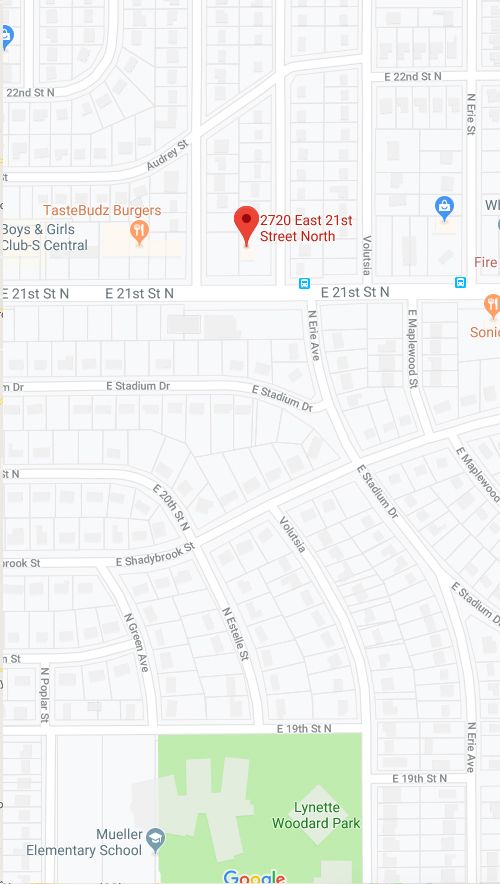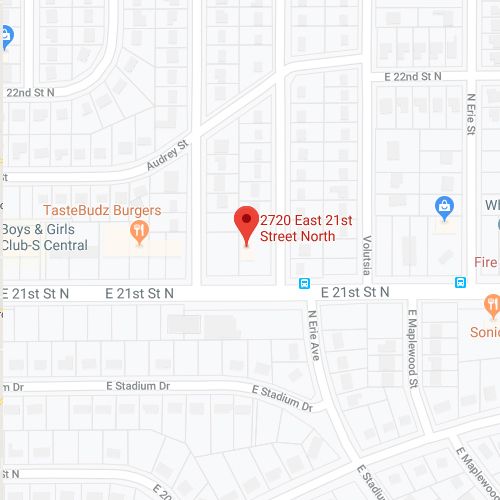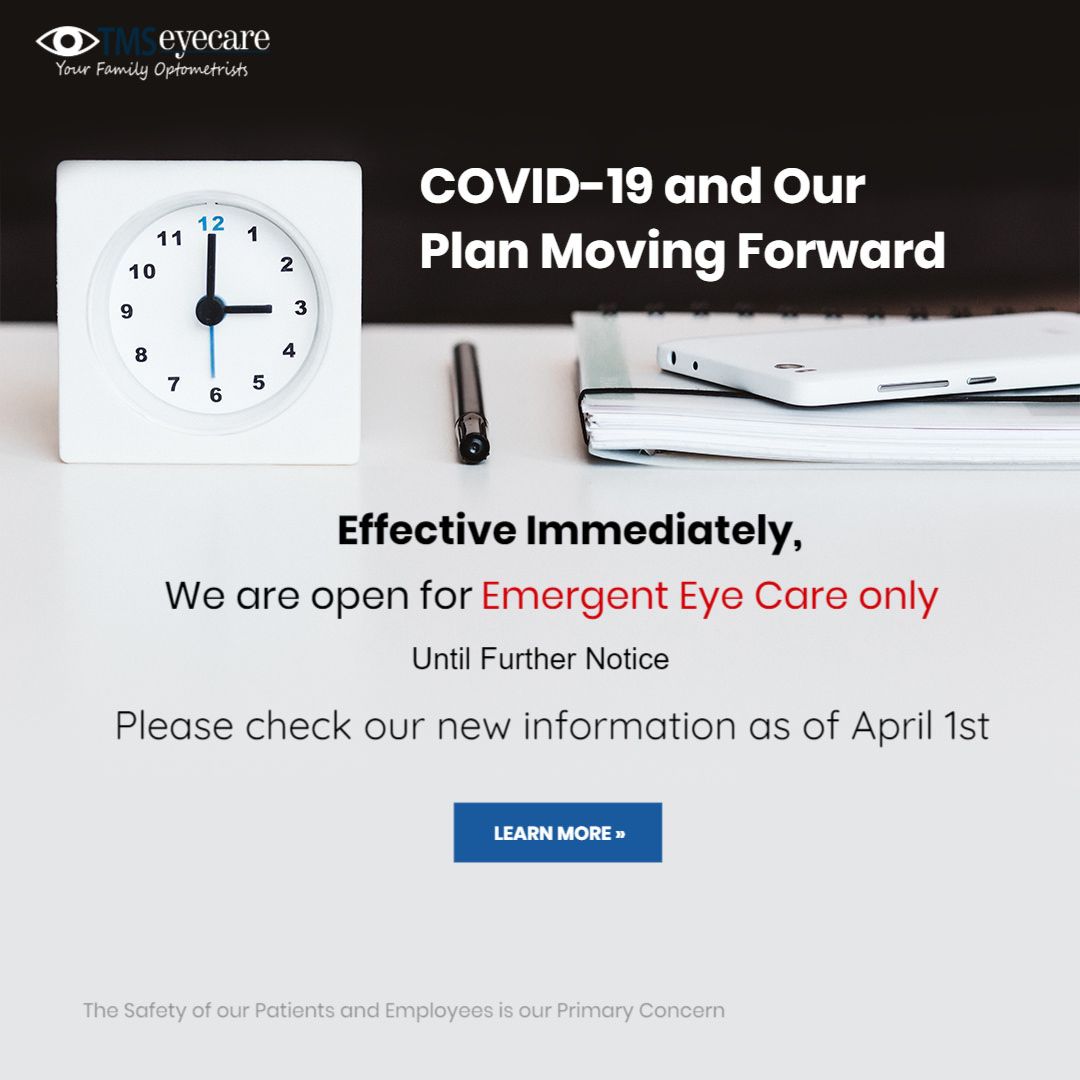A patient with diabetes type 1 or 2 should have a dilated eye exam once a year to rule out diabetic retinopathy and macular edema. Diabetes can cause vision loss and when blood sugars are not under control it can lead to blindness. The good news is most diabetic patients do not go blind and many see well.

Your diabetic examination at TMS Eyecare will include a dilated retinal examination. During the examination, your doctor will look at the blood vessels in the retina and optic nerve as well as checking for diabetic cataract and other ocular effects of diabetes.
Our doctors will send a report to your medical doctor of the results from your dilated eye examination. This report helps your doctor know if he/she may need to adjust your medication or treatment plan.
TMS Eyecare has some of the latest technology in testing for diabetic retinopathy. This includes Optical Coherence Tomography (OCT) - a non-invasive diagnostic instrument used for imaging the retina.
TMS Eyecare has made it our mission to have the latest technology available to diagnose eye diseases like glaucoma, diabetes and macular degeneration, three of the leading causes of vision loss.
This diagnostic instrument helps the doctor check for diabetic macular edema and swelling in the inner retinal layers. We also have digital retinal cameras for taking photos of abnormal blood vessels and monitoring the changes at follow up appointments.
This diagnostic instrument helps the doctor check for diabetic macular edema and swelling in the inner retinal layers. We also have digital retinal cameras for taking photos of abnormal blood vessels and monitoring the changes at follow up appointments.
It is important for diabetic patients to check their blood sugar levels on a regular basis. It is helpful to your eye doctor to know if your blood sugar levels are under control and your last A1C reading. High blood sugar levels/high A1C usually increases the likelihood of diabetic retinopathy.
There are several levels of Diabetic Retinopathy:
Mild non-proliferative
Moderate non-proliferative
Severe non-proliferative
Proliferative retinopathy
Your doctor at TMS Eyecare will be able to determine what level of diabetic retinopathy you have and if macular edema is present. New treatments for diabetic macular edema are now being used by retinal specialists. So it is important to diagnose retinal changes from diabetes early so that when necessary, a timely referral takes place.


